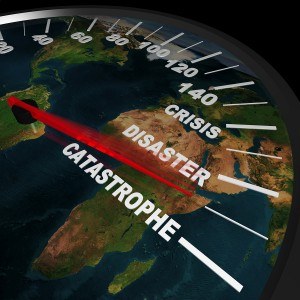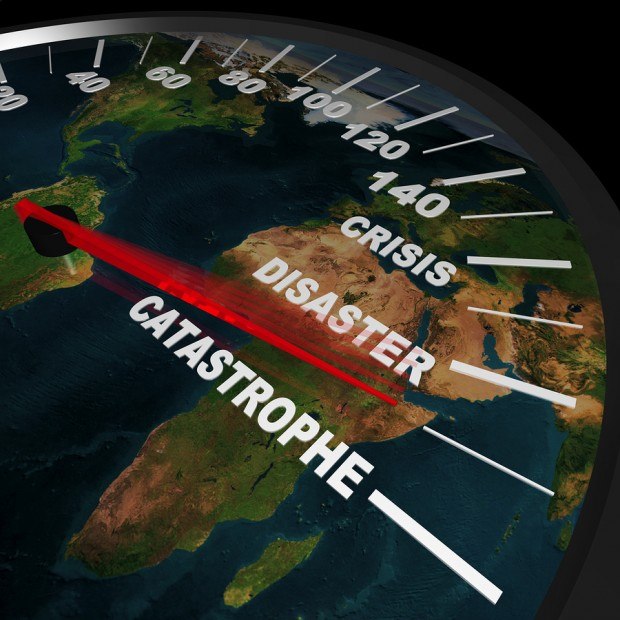 Property/casualty insurers vary widely in their approach to compensating claims staff and managers as they respond to catastrophes, according to a new study from Verisk Analytics’ Property Claims Services.
Property/casualty insurers vary widely in their approach to compensating claims staff and managers as they respond to catastrophes, according to a new study from Verisk Analytics’ Property Claims Services.
What PCS found in its Catastrophe Compensation Report: the top 25 ranked property/casualty companies pay the highest weekend rate to claims professionals. Also, claims professionals do well with the top 100, as these carriers most often offer bonuses and time off to compensate for catastrophe claims responses.
The survey of 77 property/casualty companies across the U.S. also found that the lowest average catastrophe pay rate is in in the Northwest. Claims professionals seeking the highest average daily weekday rate would benefit targeting the Northeast and South, PCS found.
Why does this data matter? It gives carriers data to help them stay competitive in the U.S. catastrophe market, Joe Louwagie, PCS assistant vice president, said in prepared remarks.
“This information can also help guide the global insurance market in shaping catastrophe claims management and compensation policies,” he added.
Survey questions covered areas including staffing levels, pay, additional incentives and rewards, overtime, and compensatory time off. And it showed that approaches to managing and compensating catastrophe claims employees varied depending on geography, company size and employee rank, PCS said.
Here are some of the other PCS report findings:
- 60 percent of respondents said they don’t offer catastrophe pay to managers.
- Out of the 31 percent of carriers that offer comp time to staff who handle catastrophe duties, 92 percent provide it for managers. Just 25 percent said they offer compensation time off to “dedicated cat team employees.”
- Out of the companies that pay catastrophe duty bonuses, 54 percent offer them to managers, and 38 percent said they give they to cat site management.
- 70 percent of respondents said they rely on support from other departments beyond property clams to help with catastrophe response duty. Out of that number, 54 percent say they pull their underwriting staff into the work, and 51 percent rely on non-claims customer support.
- Field catastrophe staff often work long hours to handle claims when catastrophe strikes. But 58 percent of responding companies also ask inside adjusters and support staff to follow the same policy.
- 50 percent of respondents said adjusters not on catastrophe duty get extra compensation for handling claim-heavy non-catastrophe workloads when resources get “thinly stretched.”
- Compensation policy among most companies responding varied among exempt versus nonexempt employees
- 53 percent of firms responding to the survey said they make employees who handle catastrophe duty work on holidays.
- Responding companies said they varied in how they use a full-time dedicated team of inside adjusters to handle catastrophe claims. More than 50 percent said they use independent claims adjusters to handle any cat claim overflow.
Source: Property Claim Services, a Verisk Analytics business





















 Premium Slowdown, Inflation Factors to Lead to Higher P/C Combined Ratio: AM Best
Premium Slowdown, Inflation Factors to Lead to Higher P/C Combined Ratio: AM Best  Why Claims AI Build vs. Buy Decisions So Often Miss the Mark
Why Claims AI Build vs. Buy Decisions So Often Miss the Mark  Focus on Ski Guides After Deadly California Avalanche Could Lead to Criminal Charges, Civil Suits
Focus on Ski Guides After Deadly California Avalanche Could Lead to Criminal Charges, Civil Suits  Telematics and Trust: How Usage-Based Insurance Is Transforming Auto Coverage
Telematics and Trust: How Usage-Based Insurance Is Transforming Auto Coverage 







